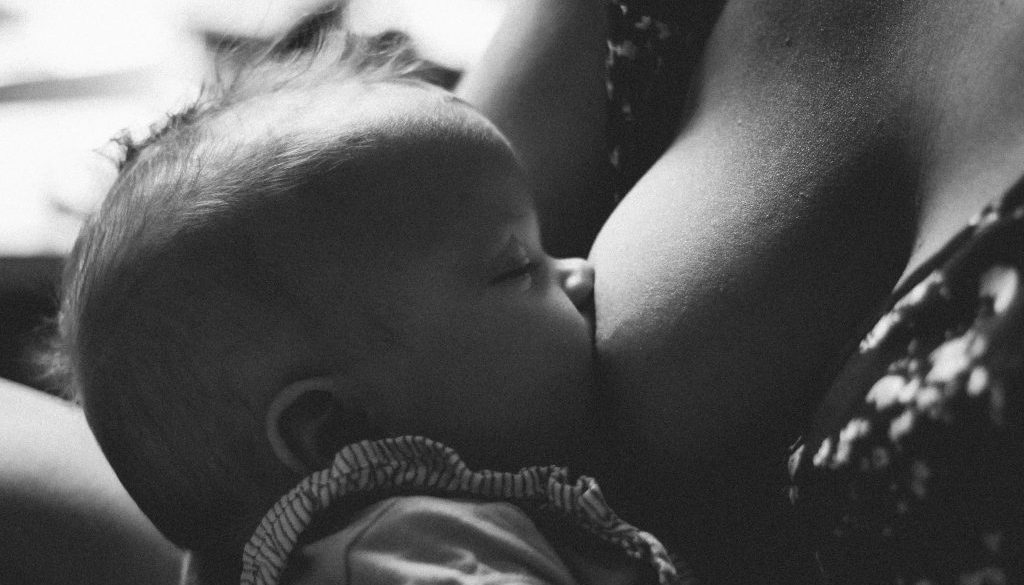Breastfeeding Newborns in the Time of Coronavirus
WHO Interim Guidelines on Caring for Breastfeeding Mothers and Their Newborns in the Time of Coronavirus
The World Health Organization (WHO) recently published interim guidance on caring for breastfeeding mothers and their newborns in the time of COVID-19. There is currently little research available on COVID-19 in pregnant women and children, but according to WHO early reports suggest that the virus do not pass from mother to baby via breast milk. WHO emphasises that breastfeeding protects against death and morbidity in the post-neonatal period and throughout infancy and childhood. The protective effect of breastfeeding is particularly strong against infection diseases and therefore, also in the time of COVID-19, standard infant feeding guidelines should be followed with appropriate precautions for infection prevention and control (IPC)
This is a summary of the conclusions and recommendations:
- Infants born to mothers with suspected, probable, or confirmed COVID-19 should be fed according to standard infant feeding guidelines, while applying necessary precautions for IPC.
- As with all confirmed or suspected COVID-19 cases, symptomatic mothers who are breastfeeding or practising skin-to-skin contact or kangaroo mother care should practise respiratory hygiene, including during feeding (for example, use of a medical mask when near a child if the mother has respiratory symptoms), perform hand hygiene before and after contact with the child, and routinely clean and disinfect surfaces with which the symptomatic mother has been in contact.
- Breastfeeding counselling, basic psychosocial support, and practical feeding support should be provided to all pregnant women and mothers with infants and young children, whether they or their infants and young children have suspected or confirmed COVID-19.
- In situations when severe illness in a mother with COVID-19 or other complications prevents her from caring for her infant or prevents her from continuing direct breastfeeding, mothers should be encouraged and supported to express milk, and safely provide breastmilk to the infant, while applying appropriate IPC measures.
“Mothers and infants should be enabled to remain together and practise skin-to-skin contact, kangaroo mother care and to remain together and to practise rooming-in throughout the day and night”
- Mothers and infants should be enabled to remain together and practise skin-to-skin contact, kangaroo mother care and to remain together and to practise rooming-in throughout the day and night, especially immediately after birth during establishment of breastfeeding, whether they or their infants have suspected, probable, or confirmed COVID-19.
- Parents and caregivers who may need to be separated from their children, and children who may need to be separated from their primary caregivers, should have access to appropriately trained health or non-health workers for mental health and psychosocial support.
Source: WHO, Clinical management of severe acute respiratory infection when novel coronavirus (nCov) infection is suspected. 13 March 2020.
https://www.who.int/publications-detail/clinical-management-of-severe-acute-respiratory-infection-when-novel-coronavirus-(ncov)-infection-is-suspected
